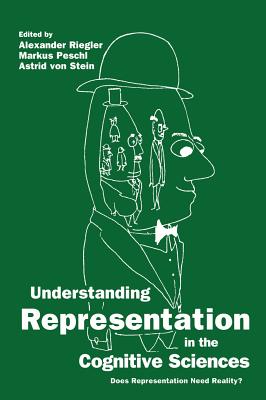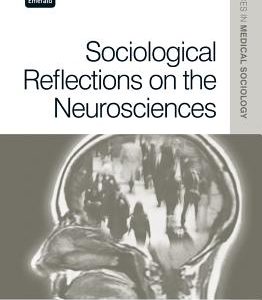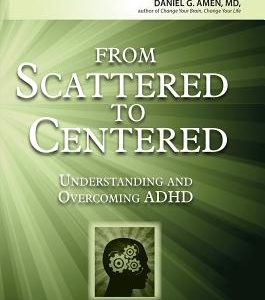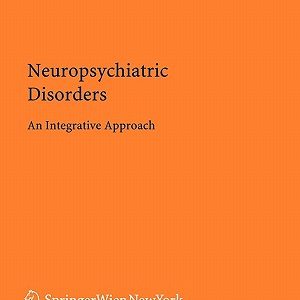Understanding Representation in the Cognitive Sciences: Does Representation Need Reality? (1999)
$224.99
Description
urrently a paradigm shift is occurring in for the conventional understanding of represen- which the traditional view of the brain as tions. The paper also summarizes the rationale for C representing the “things of the world” is the selection of contributions to this volume, which challenged in several respects. The present volume will roughly proceed from relatively “realist” c- is placed at the edge of this transition. Based on the ceptions of representation to more “constructivist” 1997 conference “New Trends in Cognitive Sci- interpretations. The final chapter of discussions, ence” in Vienna, Austria, it tries to collect and in- taped during and at the end of the conference, p- grate evidence from various disciplines such as p- vides the reader with the possibility to reflect upon losophy of science, neuroscience, computational the different approaches and thus contributes to b- approaches, psychology, semiotics, evolutionary ter and more integrative understanding of their biology, social psychology etc., to foster a new thoughts and ideas. understanding of representation. The subjective experience of an outside world This book has a truly interdisciplinary character. It seems to suggest a mapping process where environ- is presented in a form that is readily accessible to mental entities are projected into our mind via some professionals and students alike across the cognitive kind of transmission. While a profound critique of sciences such as neuroscience, computer science, this idea is nearly as old as philosophy, it has gained philosophy, psychology, and sociology.
Editor: Riegler, Alexander, Editor: Peschl, Markus, Editor: Von Stein, Astrid
Topic: Medical / Nursing
Media: Book
ISBN: 306462869
Language: English
Pages: 304















Reviews
There are no reviews yet.